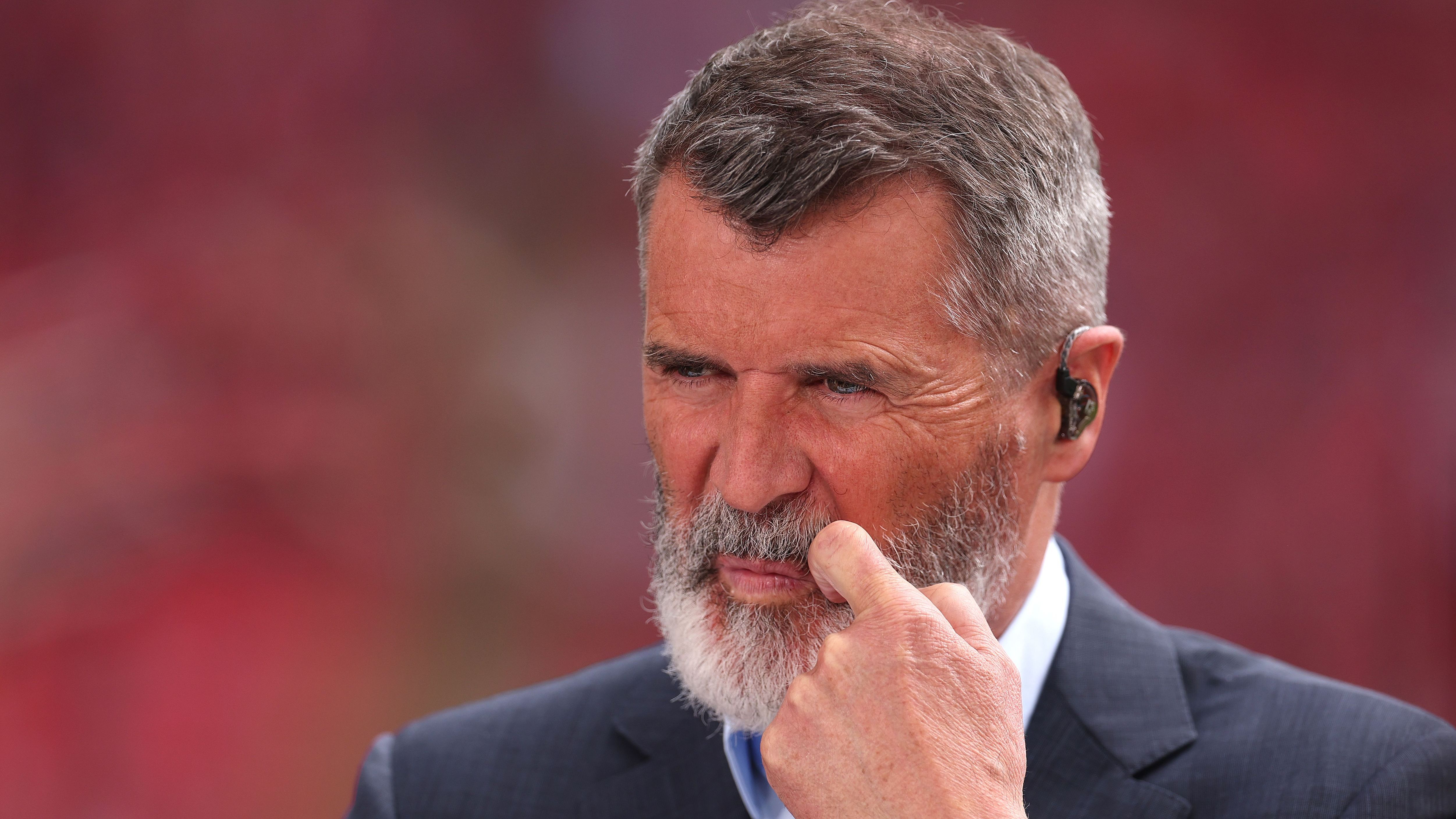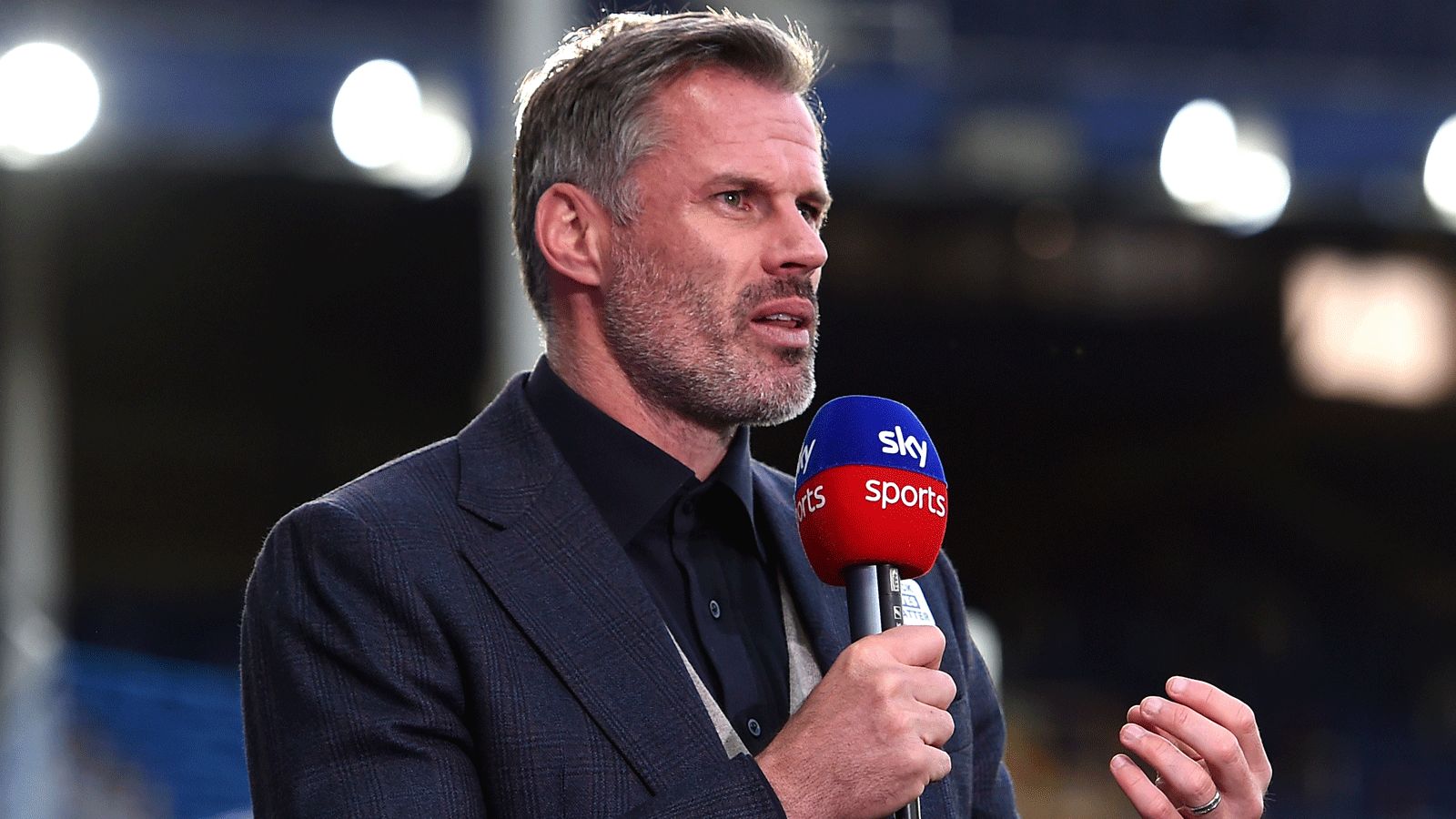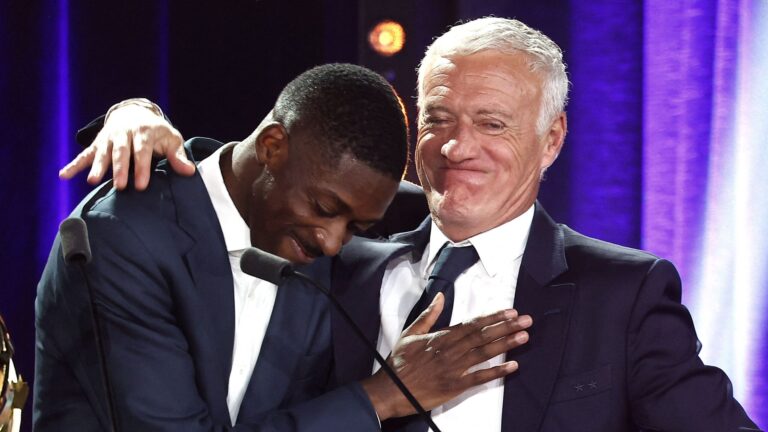Loyalty Under Scrutiny: The Backlash Against a Liverpool Legend’s Return
Trent Alexander-Arnold and the intense fan reactions during his comeback to Anfield as a Real Madrid player have ignited widespread discussion about club loyalty and emotional ties in football. On a dramatic Tuesday evening in the Champions League, the former Liverpool standout encountered a divided crowd, underscoring the deep-rooted frustrations stemming from his departure.




The Emotional Clash at Anfield
When the 27-year-old defender stepped onto the field in the 80th minute, replacing a teammate for Real Madrid, he was met with a wave of disapproval from parts of the Liverpool faithful, though some applause broke through the noise. This split reaction revealed the ongoing bitterness over his choice to let his contract expire and join Madrid without a transfer fee, leading the club to negotiate a small £10 million early release.
Building Tensions Before the Match
Anticipation of conflict had been mounting for days, highlighted by the vandalism of his mural outside Anfield, which was splattered with paint and labeled him derogatorily. That artwork, capturing his joy from Liverpool’s 2019 Champions League success, was targeted just before Real Madrid’s arrival, amplifying the charged emotions. In the game, fans vocally supported the current right-back Conor Bradley, who excelled in the spot once held by Alexander-Arnold during Liverpool’s narrow win.
A Composed Response Amid the Storm
Alexander-Arnold maintained his poise despite the unfriendly environment, choosing not to engage with the audience as he took the pitch and later expressing enduring affection for the club in post-match interviews. This incident prompted lively discussions among experts, as figures like Roy Keane and Jamie Carragher debated the validity of the fans’ actions toward a player nurtured in their own ranks.
Keane’s Critique of Fan Conduct
The ex-Manchester United leader sharply criticized the Liverpool supporters, challenging their renowned image of sophistication and dedication. Speaking on his show, Keane remarked, “Liverpool’s fanbase is often seen as exceptionally devoted and superior, yet booing a player with such a track record-especially when his deal had ended-is downright disappointing.”
He emphasized Alexander-Arnold’s substantial contributions, arguing for respect after years of commitment. “What drives fans to jeer someone who’s featured in over 260 matches? His performance numbers are stellar, aiding in securing two Premier League crowns and a Champions League trophy,” Keane pointed out. “No one needs to cheer his Madrid stint, but actively heckling a hometown hero? Fans ought to reflect on that.”
Keane also commended the player’s discreet approach in his last days at the club, differentiating it from those who make grandiose promises before departing. “What’s impressive about Trent lately is his restraint in speaking out,” he noted. “He avoided dramatic declarations of eternal loyalty or fan manipulation. Keeping quiet can be the wisest move.”
Carragher’s Perspective on Betrayal
Having dedicated his career to Liverpool, Carragher anticipated the crowd’s response but offered a contrasting view to Keane’s. “It’s the fans who shape the welcome,” Carragher explained earlier. “The issue stems from Trent portraying himself as one of them on the field for years, yet fans wouldn’t abandon the team for free and switch to Real Madrid.”
Carragher attributed much of the outrage to Alexander-Arnold’s silence prior to leaving, suggesting it fostered feelings of deception. “If his prior statements about Liverpool being his sole club and his ambition to become a legend held true, departing right after a title win doesn’t align,” he said. “Many feel misled since he remained silent while players like Salah and Van Dijk voiced their intentions to stay.”
Still, Carragher recognized the player’s freedom to seek new opportunities, noting that the circumstances of his exit were bound to cause pain. “He’s achieved remarkable feats and has every right to prioritize his path,” Carragher added. “Yet, it’s understandable if supporters are wounded-it’s a personal matter, particularly for academy graduates who embody the club.”
Ongoing Debates and Future Implications
The controversy from Alexander-Arnold’s visit is likely to persist, with opinions divided on whether the fans’ behavior was a justified expression of discontent or a blemish on the club’s esteemed traditions.
A Disappointing Night for the Visitor
The match concluded disappointingly for Alexander-Arnold, as Real Madrid suffered a 1-0 loss in a contest controlled by Liverpool. Struggling to secure a starting role under coach Xabi Alonso due to health issues, he appeared reserved at the end, offering applause to the home supporters before exiting. Nevertheless, he reportedly connected with old colleagues and personnel afterward, reaffirming his fondness for the club.
Liverpool’s Transition Forward
On the other hand, Liverpool appears to have smoothly transitioned from Alexander-Arnold’s departure, with Bradley emerging as a strong fit in his former position. Although the team brought in Jeremie Frimpong over the summer as a potential substitute, Bradley has proven more adaptable, even as Frimpong deals with ongoing fitness challenges.
The Incident at Anfield
When Trent Alexander-Arnold, the former Liverpool right-back turned Real Madrid star, stepped onto the Anfield pitch for a highly anticipated Champions League clash, the atmosphere turned sour as some Liverpool fans booed him relentlessly. This moment sparked widespread debate among football enthusiasts about fan behavior, loyalty, and the emotional ties that bind players to their clubs. It’s a stark reminder of how quickly admiration can turn to discontent in the world of Premier League rivalries and international transfers.
Background of the Booing
Trent Alexander-Arnold’s move to Real Madrid earlier in the summer transfer window left many Liverpool supporters feeling betrayed, especially after his decade-long tenure with the Reds. As one of England’s brightest talents, his departure was seen as a significant loss for Liverpool FC, prompting fans to voice their frustrations during his return. According to reports from various football analysts, the booing stemmed from a mix of emotions, including disappointment over his exit and the high stakes of the match.
- Key factors fueling fan reactions: Fans often channel their grievances through boos, but this incident highlighted deeper issues like contract negotiations gone wrong and the allure of bigger clubs like Real Madrid drawing players away.
- Historical context of player transfers: Similar situations have occurred with other stars, such as Steven Gerrard’s near-move to Chelsea, showing how Liverpool fans react when their heroes contemplate leaving Anfield.
This event underscores the need for Liverpool fans to reflect on their actions, as booing a homegrown talent like Alexander-Arnold could damage the club’s reputation and the spirit of fair play in football.
Why Were Liverpool Fans So Upset?
The booing of Alexander-Arnold wasn’t just about one match; it reflected broader sentiments around player loyalty and club identity. Keywords like “Liverpool fans booing Trent” trended on social media platforms post-match, indicating a collective outpouring of frustration.
The Role of Transfer Decisions
Alexander-Arnold’s transfer to Real Madrid was influenced by factors such as financial incentives and career ambitions, which are common in modern football. However, for Liverpool supporters, his decision felt personal, given his roots in the club’s academy and his contributions to major triumphs, including the Premier League and Champions League wins.
- Impact on team dynamics: His exit created a gap in Liverpool’s defense, leading fans to question the club’s strategy in retaining key players amid ongoing Premier League competition.
- Fan perspectives shared online: Many expressed that while transfers are part of the game, the way Alexander-Arnold handled his departure-perhaps through public statements-amplified the backlash.
Experts suggest that fans should consider the pressures players face, including offers from elite clubs like Real Madrid, which often promise Champions League glory and higher earnings.
Calls for Reflection Among Liverpool Supporters
In the aftermath of the match, several voices within the football community urged Liverpool fans to pause and reflect on their behavior. This included calls from former players, pundits, and even club officials, emphasizing the importance of maintaining respect in high-stakes encounters.
Statements from Football Figures
High-profile figures like Jurgen Klopp, in his final days at Liverpool, might have commented on such incidents in the past, stressing the need for fans to support the game positively. Pundits highlighted how booing can affect a player’s mental health and performance, potentially influencing future Liverpool vs. Real Madrid clashes.
- Benefits of positive fan engagement: Encouraging applause instead of boos could foster a more welcoming environment, boosting Liverpool’s image as a fan-friendly club in the Premier League.
- Examples of similar incidents: Instances like Wayne Rooney’s return to Everton show how fan reactions can evolve over time, leading to reconciliation and mutual respect.
Social Media and Fan Discussions
Online forums buzzed with debates around “Trent Alexander-Arnold Anfield return,” where fans shared mixed feelings. Some admitted their actions were impulsive, while others defended it as a natural response to perceived betrayal.
- Steps for fans to reflect: Engage in constructive discussions, attend fan events focused on club history, and remember Alexander-Arnold’s contributions to Liverpool’s success.
- Long-term effects on football culture: If left unchecked, such behavior could deter young talents from joining clubs with passionate fanbases, affecting the Premier League’s appeal.
The Impact on Football Etiquette
Beyond the immediate reactions, this event raises questions about etiquette in football stadiums. Keywords such as “Liverpool fans urged to reflect” have become central in articles discussing fan conduct, pushing for guidelines to promote sportsmanship.
Strategies for Better Fan Behavior
Football organizations are increasingly advocating for education on fan etiquette, with campaigns aimed at reducing negative behaviors during matches.
- Practical tips for fans: Before attending games, reflect on your motivations-focus on cheering for your team rather than against individuals, and consider how your actions might be viewed globally.
- Case studies from other clubs: Clubs like Manchester United have implemented fan education programs to handle similar situations, resulting in more positive match-day experiences.
In the context of ongoing discussions around player transfers and fan loyalty, events like Alexander-Arnold’s return serve as learning opportunities for the entire Liverpool community.
Lessons from Fan Reactions
Delving deeper into fan psychology, the booing incident reveals how deeply emotions run in football. With the rise of social media, stories like “Real Madrid’s Trent Alexander-Arnold booed at Anfield” spread quickly, amplifying the need for reflection.
Addressing Emotional Responses
Fans can use resources from football psychology experts to understand their reactions, helping to channel passion into positive support.
- Ways to channel disappointment: Join supporter groups that discuss transfers objectively, write letters to the club, or participate in polls about player retention.
- Broader implications for the sport: This could influence how the Premier League handles player moves, potentially leading to policies that prioritize fan sentiments.
Reports indicate that such reflections have led to apologies from fan groups, strengthening community bonds.
Promoting Positive Change in Football Fandom
To ensure future events are handled better, the football world is focusing on proactive measures like fan forums and anti-abuse initiatives.
Tools for Fans to Improve
Utilize apps and online platforms that track player stats and club news, encouraging informed discussions over knee-jerk reactions.
- Resources for education: Follow reputable football blogs and podcasts that cover topics like “booing in football” to gain insights into global fan behaviors.
- Community-driven initiatives: Liverpool’s fan organizations could host events to discuss code of conduct, fostering a more unified supporter base.
By adopting these approaches, Liverpool fans can turn incidents like these into opportunities for growth, ensuring that Anfield remains a fortress of positive energy in the Premier League.









